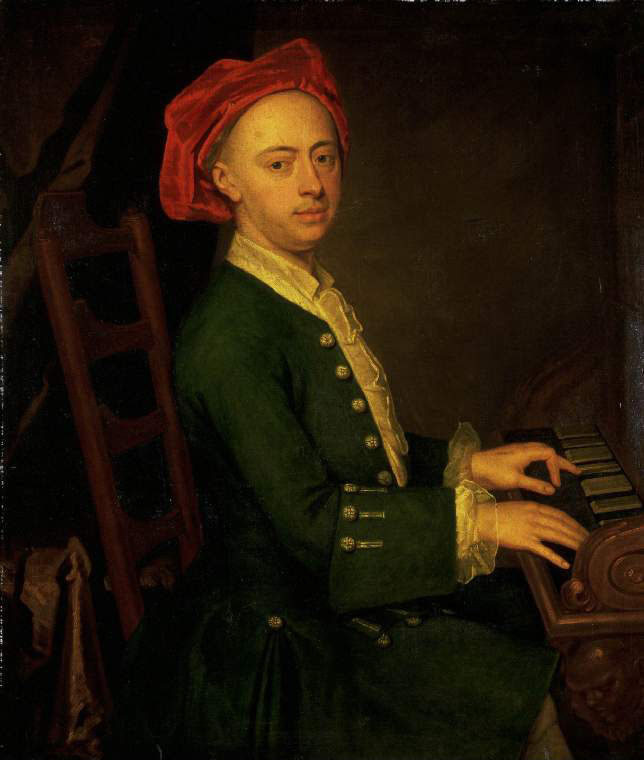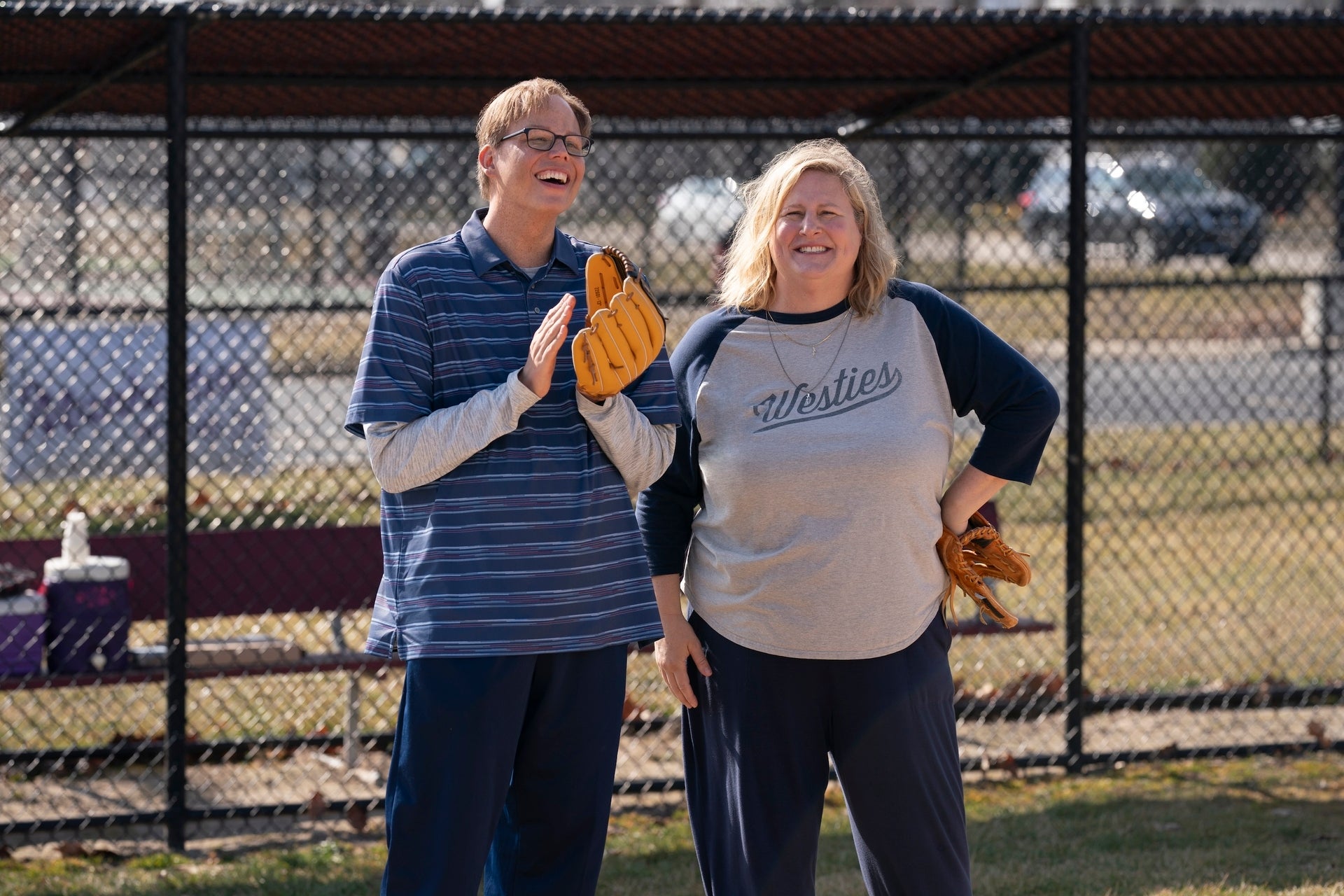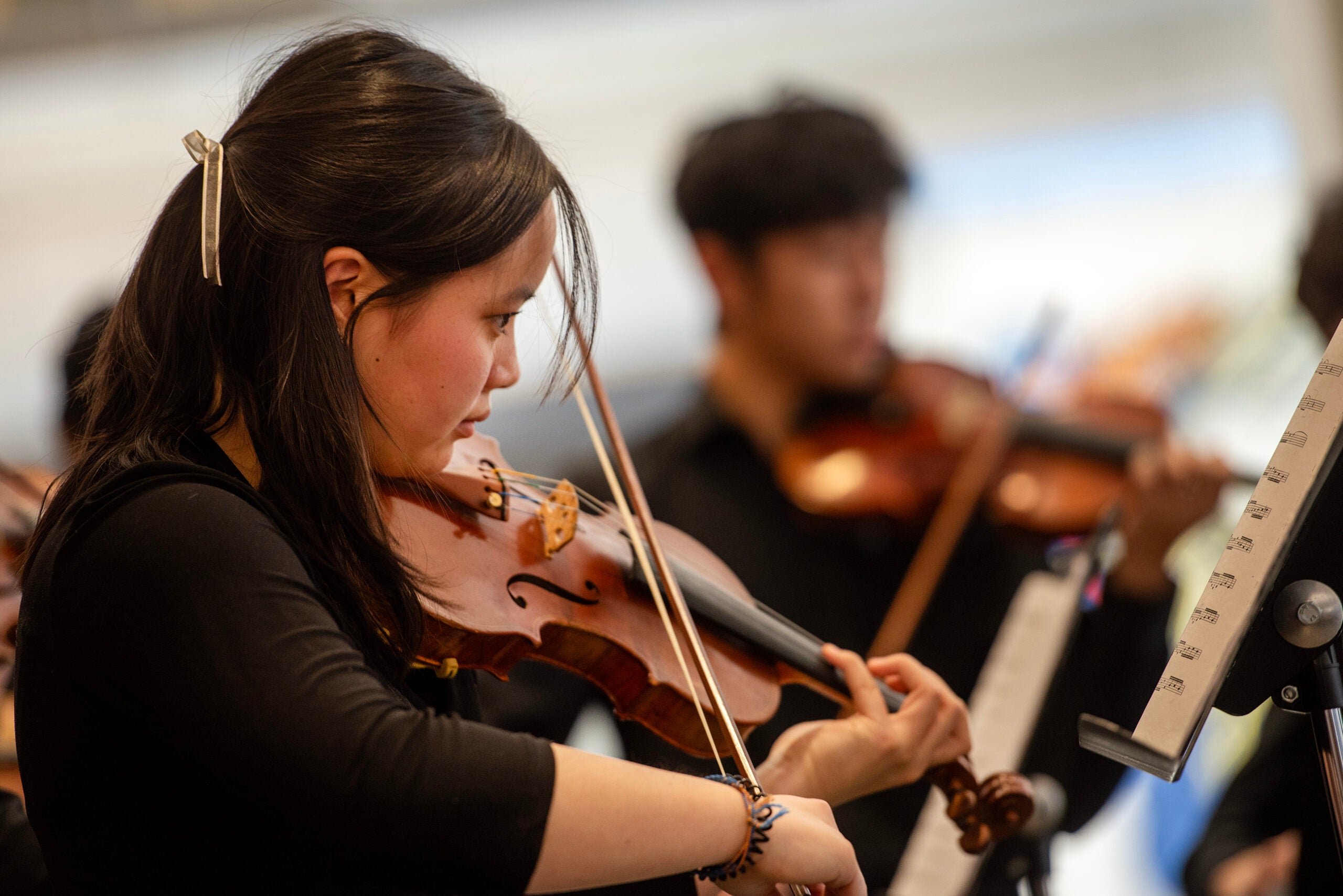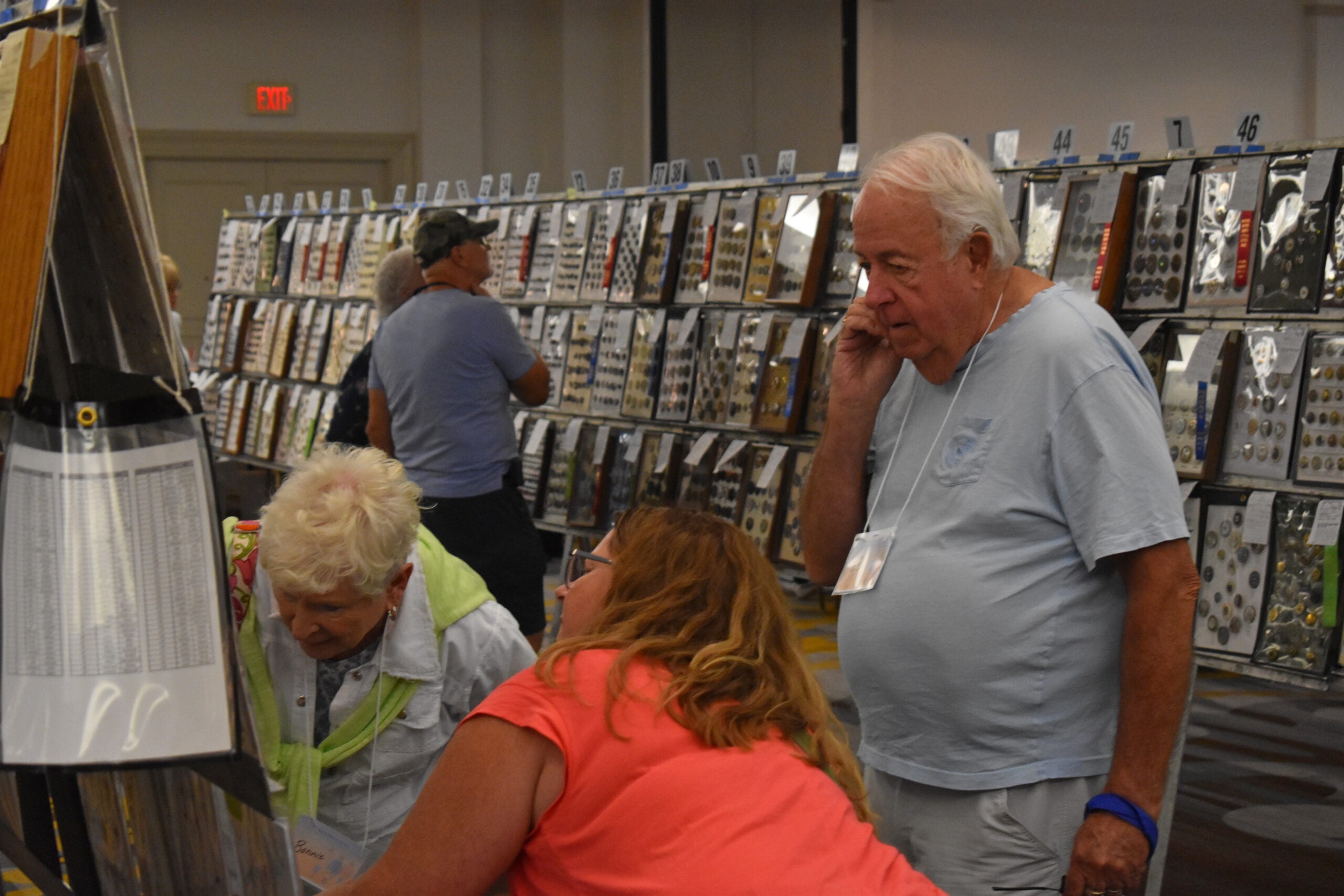The Water Music, the Royal Fireworks Music, Messiah. It’s possible that none of them would have been written if it hadn’t been for a lucky encounter with a button.
In 1704 George Frederick Handel was a 19-year-old hothead who took his music making very seriously. He was serving as harpsichordist in a Hamburg production of the opera Cleopatra by another young composer, Johann Mattheson. Mattheson was one of the stars of the production, playing the part of Antonius. After falling on his sword and going through his death scene, Mattheson was free to slip into the orchestra pit and pick up at the harpsichord. As the composer, he was within his rights to do so. The only problem — Handel refused to give up his place.
Despite their argument, somehow the show continued, although the musicians did their best to keep the feud going. And. once the curtain came down, tempers flared. At the stage door, egged on by a crowd of musicians and passers-by, Handel and Mattheson drew their swords and hacked away at each other in the open marketplace outside the theater. Mattheson gained the advantage and thrust his sword at Handel. The point struck one of Handel’s broad metal coat buttons and shattered.
Stay informed on the latest news
Sign up for WPR’s email newsletter.
Temperamental as he was, Handel was able to put the quarrel behind him, and the relationship between the two proved more resilient than the sword. Within a month of the duel, mutual friends brought about a reconciliation between Handel and Mattheson. They celebrated with a meal, then attended the rehearsal of Handel’s first opera, Almira. When the opera premiered, Johann Mattheson sang one of the leading roles.
Although Handel never again resorted to drawing his sword, he would run afoul of his friends for the rest of his life. We’ll hear of another incident next time
Wisconsin Public Radio, © Copyright 2025, Board of Regents of the University of Wisconsin System and Wisconsin Educational Communications Board.





